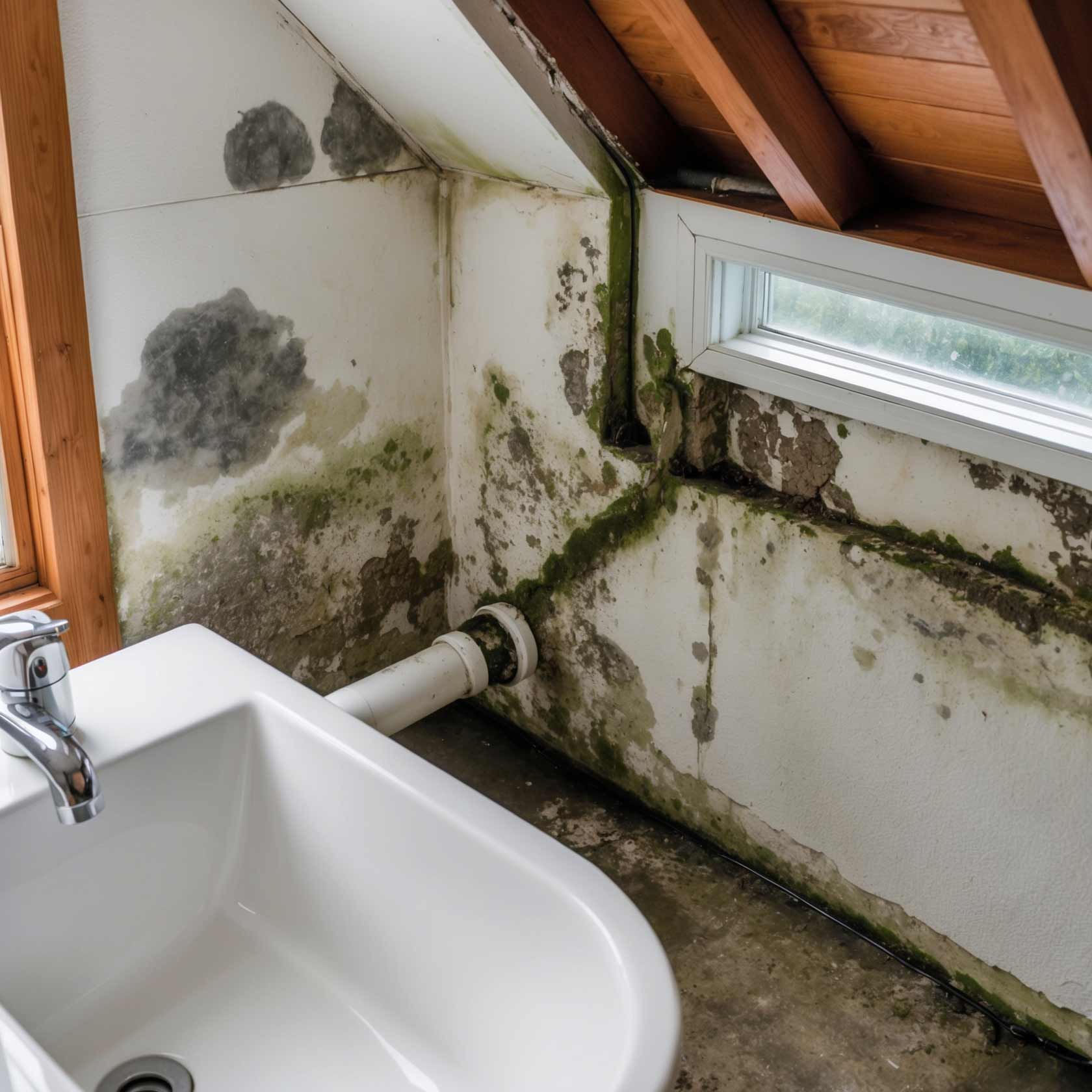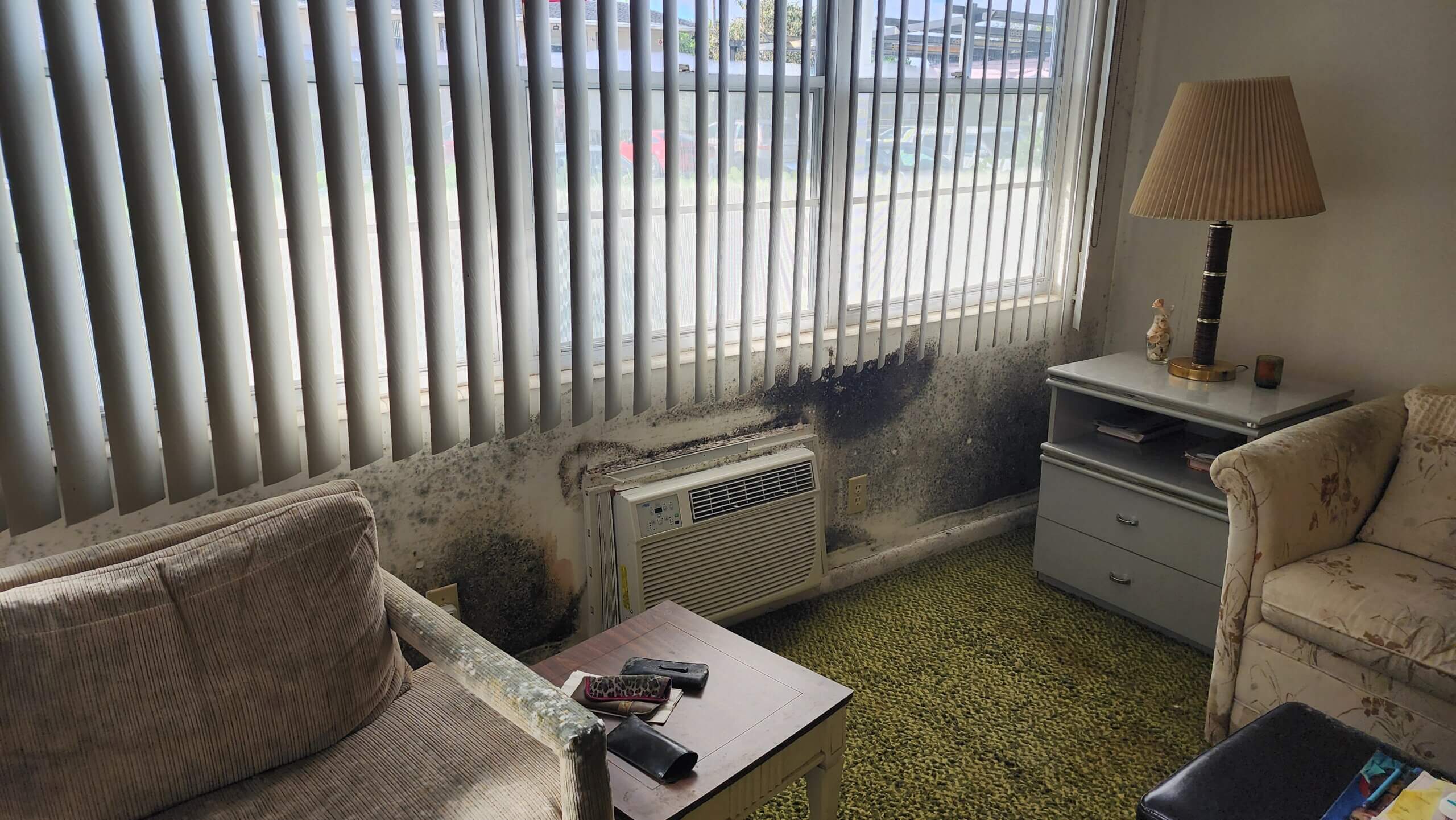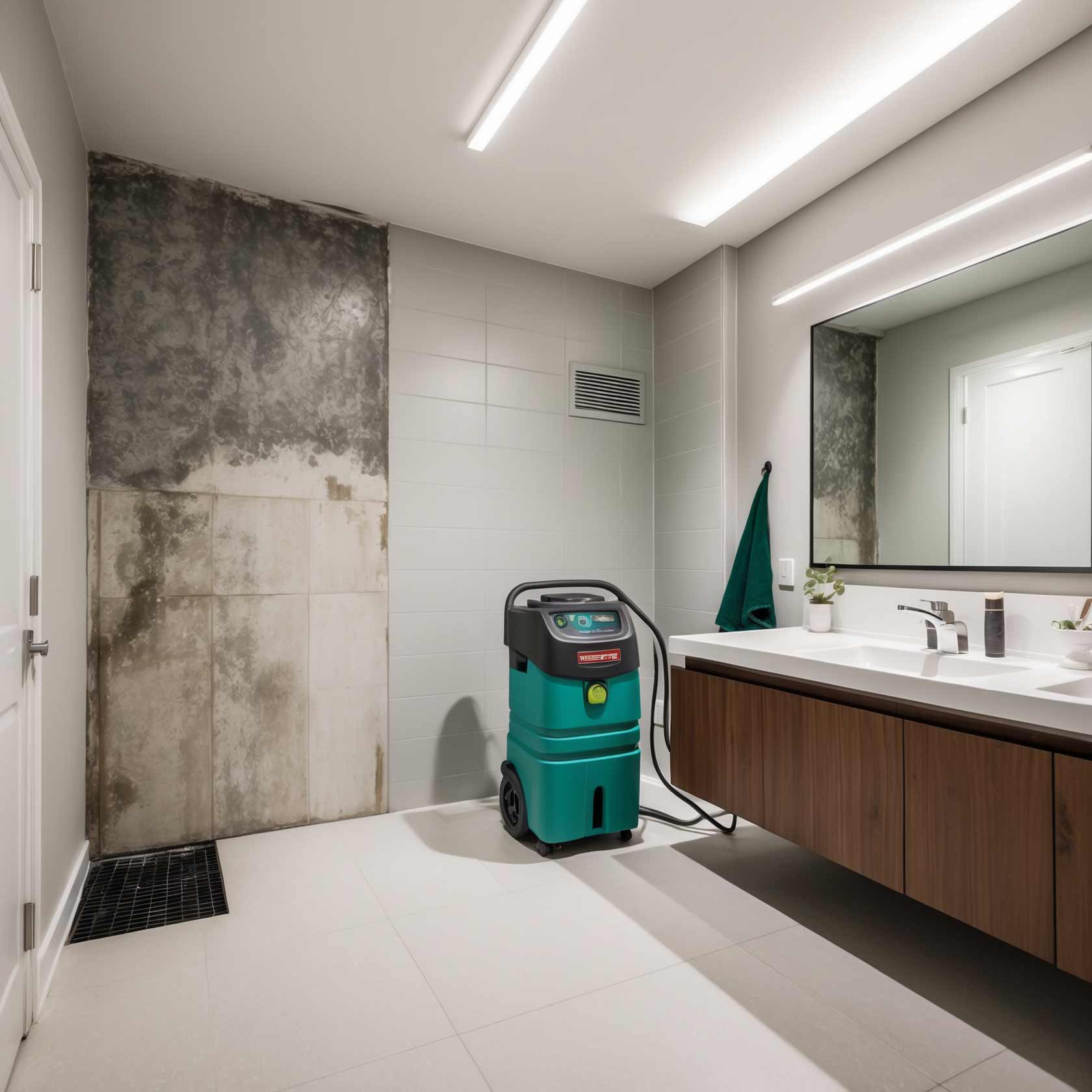What Kills 100% Of Mold?
Introduction
Mold is one of those pesky nuisances that can invade our homes, wreaking havoc on our health and property. From the basement to the bathroom, this unwelcome guest can flourish in damp and humid environments. But what if I told you that there are definitive solutions to obliterate mold completely?
In this article, we will explore what kills 100% of mold using scientifically backed methods and expert recommendations. We’ll also dive into effective mold removal techniques, preventative measures, and much more. So, if you're tired of battling mold and are keen on learning how to eradicate it once and for all, you've landed in the right place!
Understanding Mold: The Basics
What Is Mold?
Mold is a type of fungus that thrives in moist conditions. It reproduces by releasing spores into the air, which can lead to health problems when inhaled. Common varieties include Aspergillus, Penicillium, and Cladosporium. These fungi play an essential role in nature by breaking down organic matter, but they’re not so great when they invade your living space.
The Lifecycle of Mold
Mold goes through several stages during its lifecycle:
Understanding this lifecycle helps us figure out effective ways Tip Top Plumbing & Restoration to kill mold at each stage.
Where Does Mold Grow?
Mold typically grows in areas with high humidity or moisture levels such as:
- Bathrooms
- Kitchens
- Basements
- Attics
- Under sinks
Identifying these hotspots is crucial for effective mold removal.
What Kills 100% Of Mold?
When it comes to eliminating mold entirely, there are several methods available—some more effective than others. To achieve 100% eradication of mold, consider the following methods:
1. Chemical Solutions for Mold Removal
Bleach
Bleach is often cited as a go-to solution for killing mold due to its potent antimicrobial properties. However, it's important to note that bleach only works on non-porous surfaces and may not penetrate deeply into porous materials like wood or drywall.
How to Use Bleach:
- Mix one cup of bleach with one gallon of water.
- Apply to the affected area using a spray bottle or sponge.
- Allow it to sit for at least 10 minutes before wiping clean.
Hydrogen Peroxide
Hydrogen peroxide is another powerful agent against mold. Unlike bleach, it can penetrate porous materials effectively.
Application:

- Use a concentration of 3%.
- Spray directly onto the moldy surface.
- Let it sit for about 10 minutes before scrubbing away.
Vinegar
Vinegar has been proven effective against many types of molds due to its acetic acid content.
Using Vinegar:
- Spray undiluted white vinegar onto the affected area.
- Allow it to sit for at least an hour before wiping away.
2. Natural Remedies for Mold Removal
If chemical solutions aren’t your thing, there are natural alternatives as well:

Baking Soda
Baking soda is safe for both indoor use and humans/animals alike while effectively killing mold spores.
How To Use:
Essential Oils
Certain essential oils like tea tree oil have antifungal properties that can help combat mold growth naturally.
Application Method:
Preventative Measures Against Mold Growth
Once you’ve managed to eliminate existing mold from your home, prevention becomes crucial in keeping it at bay:
Controlling Humidity Levels
Keeping humidity levels below 60% can greatly reduce the chances of future infestations:
- Use dehumidifiers in humid areas.
- Install exhaust fans in bathrooms and kitchens.
Regular Cleaning Routines
Set up a cleaning schedule focusing on high-risk areas:
Repair Leaks Promptly
Immediate attention to leaks can save you from extensive damage later on:
FAQ Section
Q1: Can I kill all types of mold with bleach?
A1: No, bleach is ineffective against certain types of mold found on porous surfaces like wood or drywall because it doesn’t penetrate deeply enough.
Q2: Are there any health risks associated with using chemical agents for mold removal?
A2: Yes, some people may experience respiratory issues or skin irritation when using strong chemicals like bleach or ammonia; always wear protective gear!
Q3: How long does it take for hydrogen peroxide to kill mold?
A3: Hydrogen peroxide generally needs about 10 minutes after application before it's fully effective against most types of mold.
Q4: Can vinegar really kill mycelium?
A4: Vinegar is effective against some forms but may not entirely destroy established mycelium roots; thus multiple applications might be needed.
Q5: Is professional help necessary for severe infestations?
A5: For extensive infestations or hidden growths behind walls/floors, hiring professionals specializing in remediation is highly recommended.

Q6: What’s the best way to prevent future outbreaks after removal?
A6: Maintain low humidity levels (<60%), conduct regular inspections & cleaning routines specifically targeting moisture-prone areas!
Conclusion
In conclusion, knowing what kills 100% of mold not only empowers homeowners but also equips them with tools necessary for maintaining a healthy living environment free from allergens and toxins linked to various health issues caused by molds! Whether opting for chemical solutions or natural remedies—effective strategies exist! By adopting preventative measures post-removal ensures longevity without recurrent battles against these unwanted guests!
So gear up! With the right knowledge under your belt about effective mold removal, you’ll be well on your way toward creating an environment where both you—and your home—can thrive free from any fungal threat!